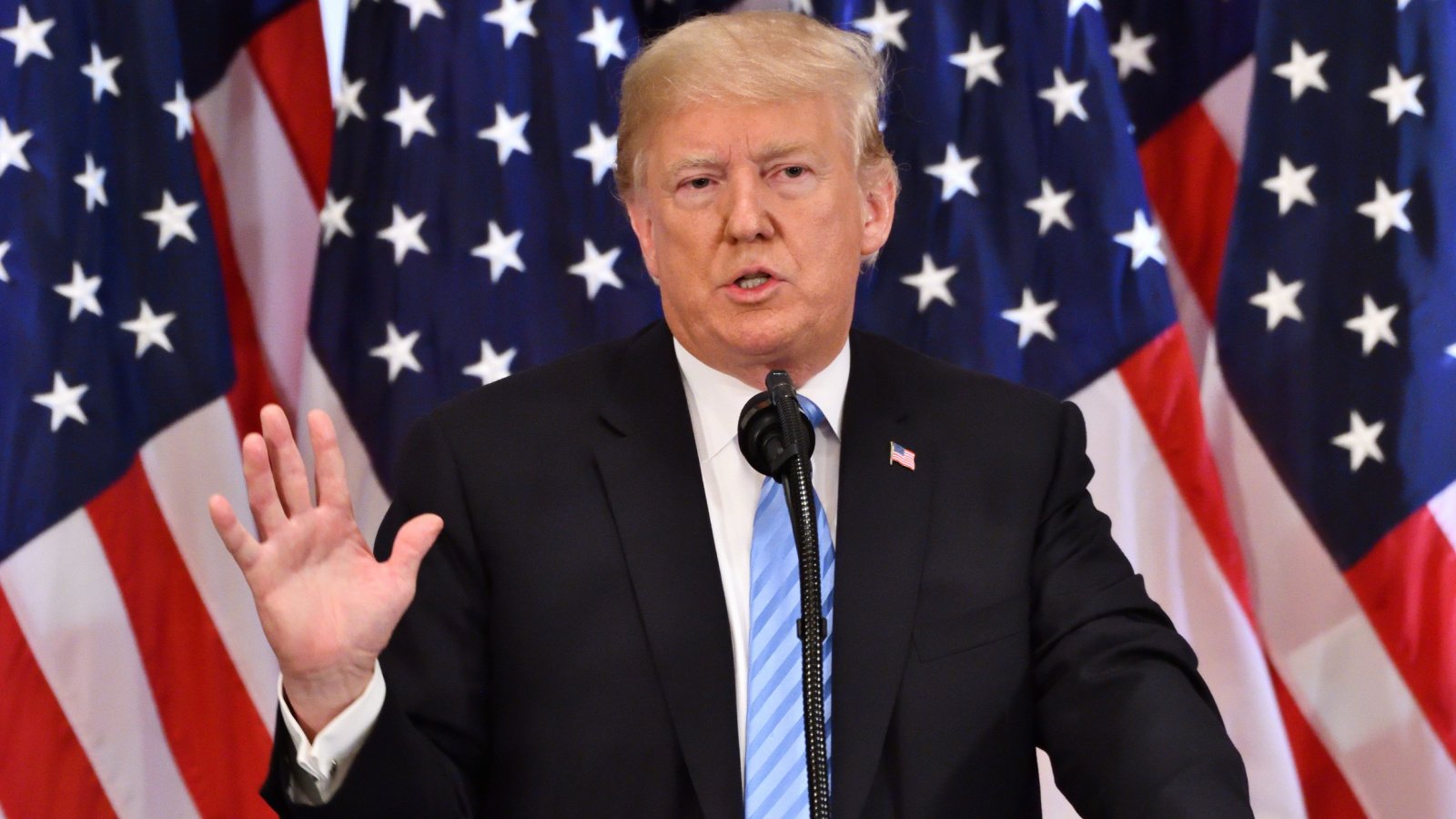Uncover the stories behind the American presidents who have been criticized for how they handled the challenges of their terms. These leaders have gone down in history with tarnished reputations and controversial legacies.
James Buchanan

Buchanan’s presidency is often blamed for failing to avert the Civil War. His inaction and indecision fractured the Union, setting the stage for conflict. This legacy has firmly placed him at the bottom of presidential rankings.
Andrew Johnson

Johnson’s post-Civil War policies alienated both the North and South. His opposition to Reconstruction efforts and civil rights for freed slaves led to his impeachment. He narrowly escaped removal from office.
Franklin Pierce

Pierce’s support for the Kansas-Nebraska Act ignited a firestorm over slavery. This act effectively repealed the Missouri Compromise, leading to increased tensions between pro- and anti-slavery factions. His presidency is marked by his inability to quell these divisions.
Herbert Hoover
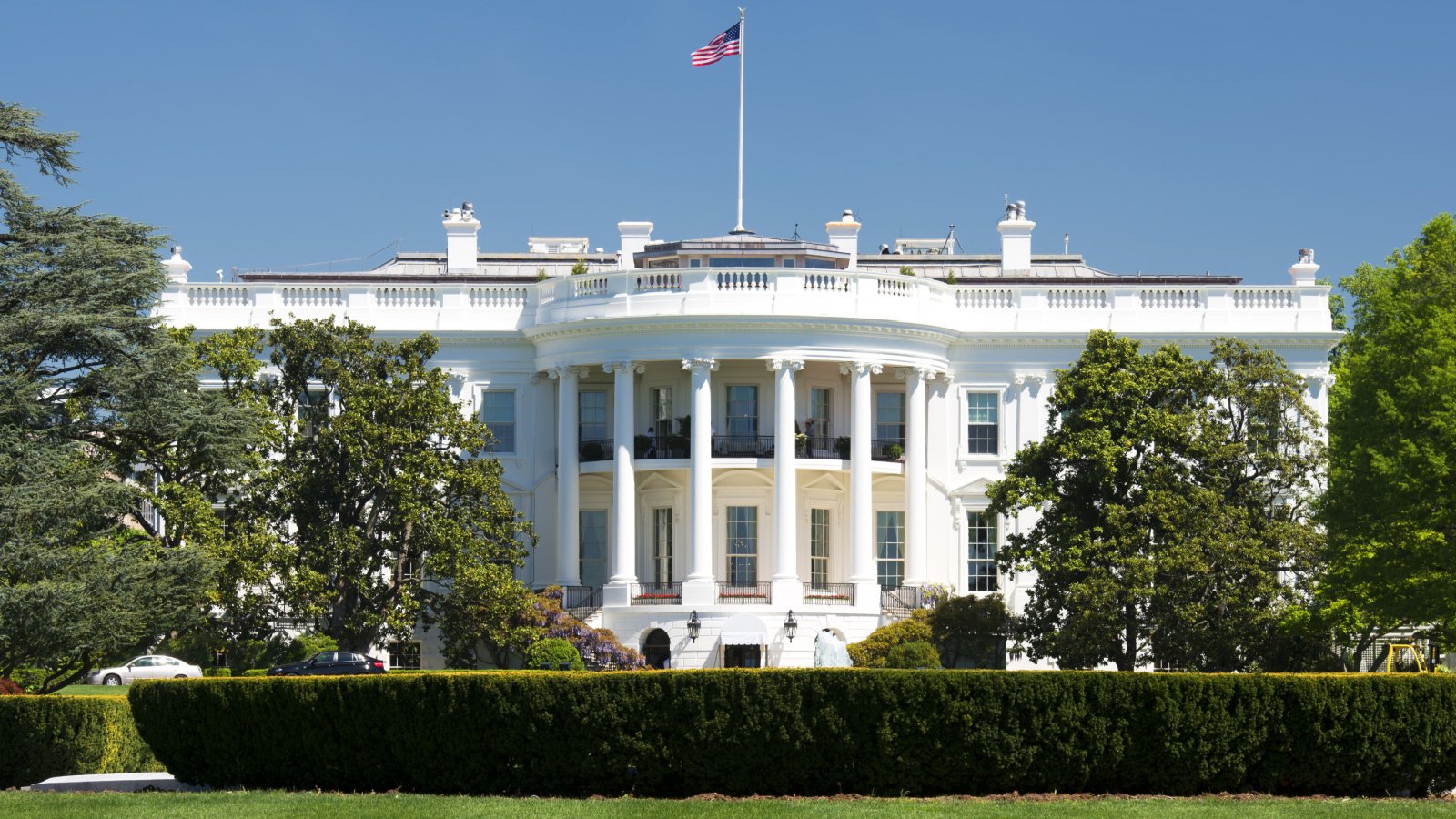
The Great Depression overshadowed Hoover’s tenure. His policies were widely criticized for failing to effectively tackle the economic crisis. This period of hardship significantly damaged his standing with the American public.
John Tyler
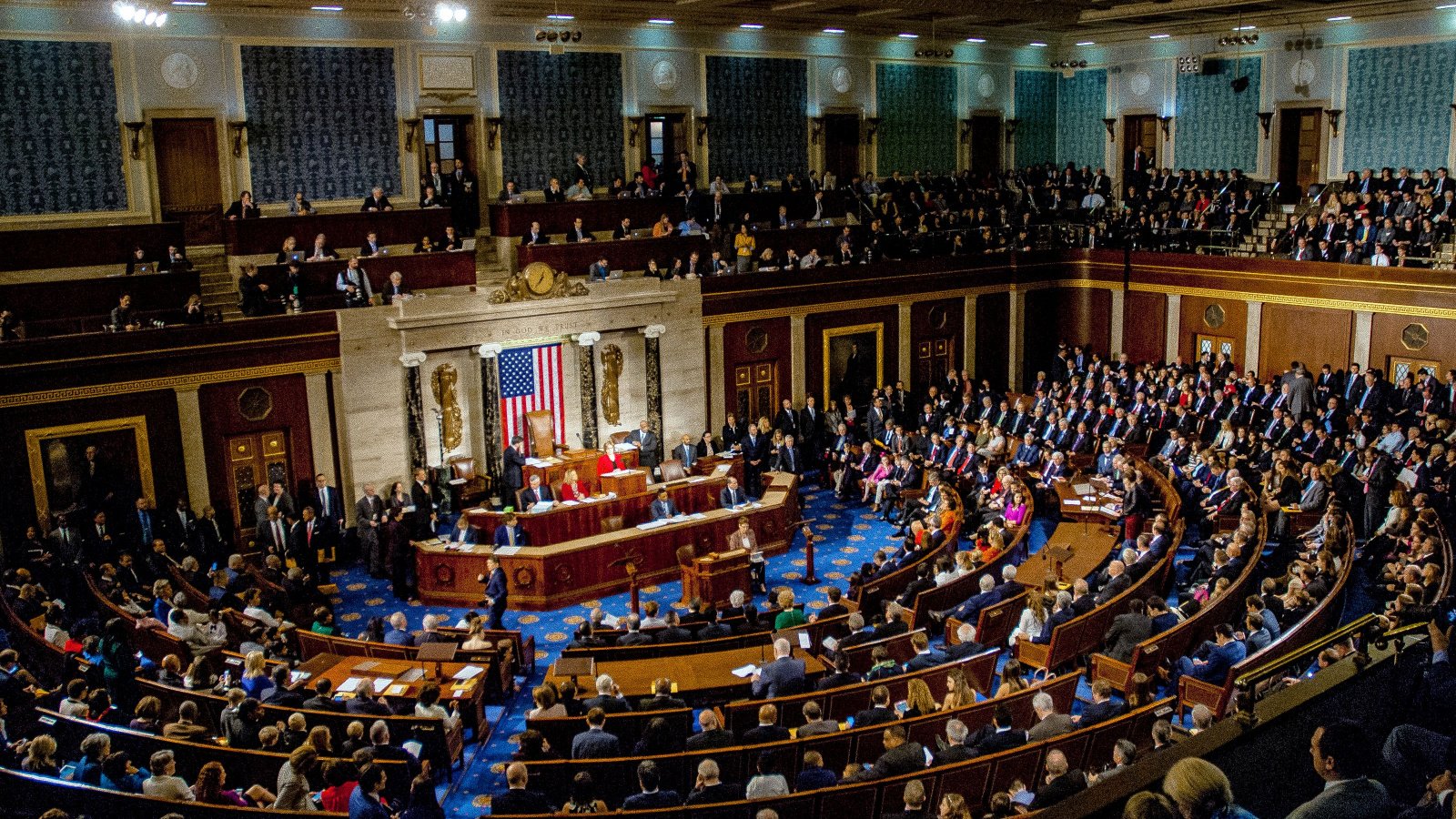
Tyler, often referred to as “His Accidency,” faced opposition from his own party. His vetoes of key bills and abandonment of the Whig platform alienated supporters. He left office without the backing of a major party.
Millard Fillmore

Fillmore’s support for the Compromise of 1850, including the Fugitive Slave Act, drew ire from both abolitionists and slaveholders. This compromise failed to resolve the nation’s divisions over slavery. His presidency is often criticized for exacerbating tensions.
Warren G. Harding

Harding’s presidency was marred by scandal, most notably the Teapot Dome scandal. His administration was riddled with corruption, undermining public trust. Harding’s sudden death in office left his presidency marked by these controversies.
Richard Nixon
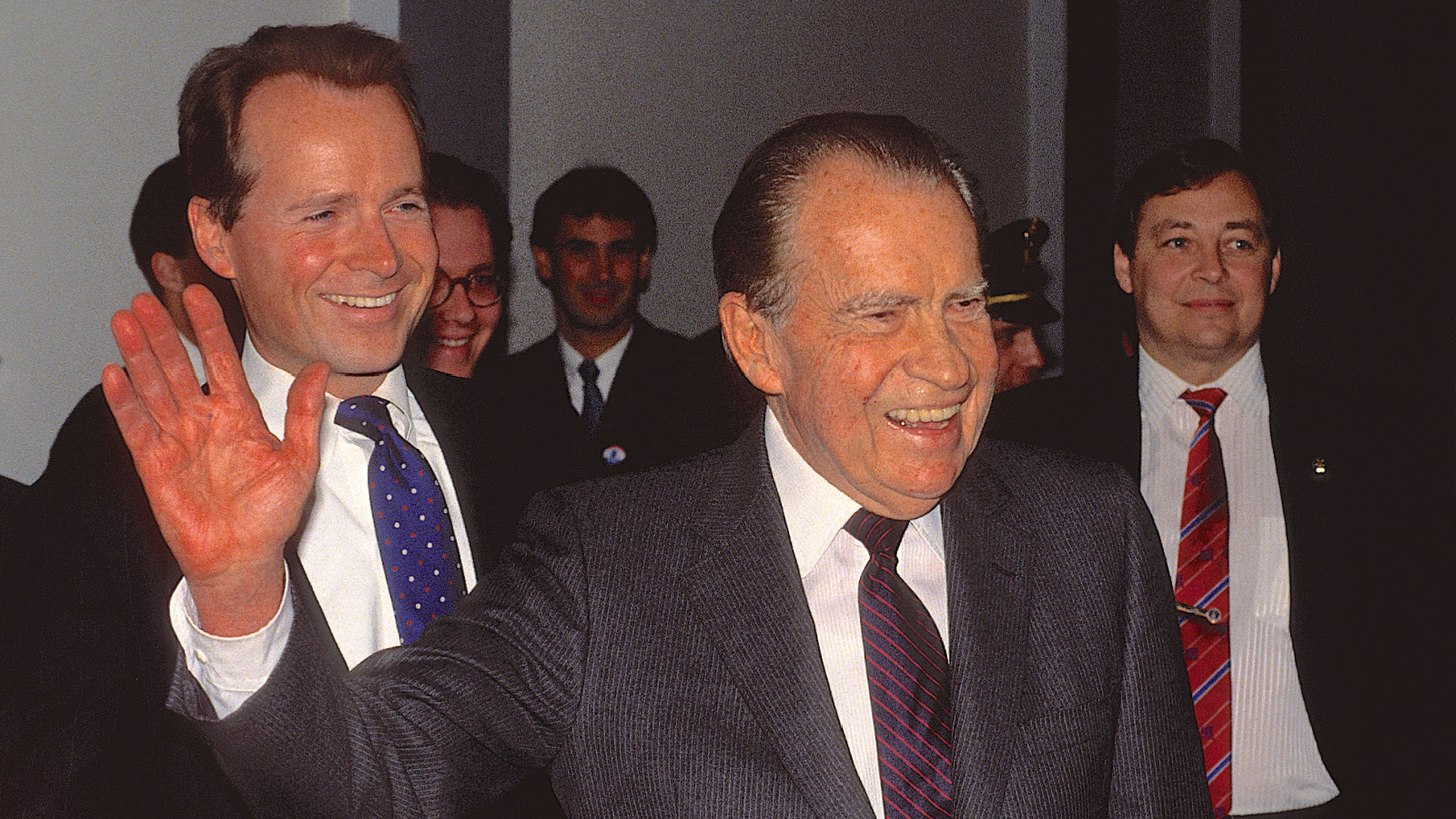
Nixon’s resignation in the wake of the Watergate scandal left an indelible stain on his presidency. This abuse of power overshadowed his initial successes in foreign policy. Nixon remains the only U.S. president to resign from office.
Andrew Jackson
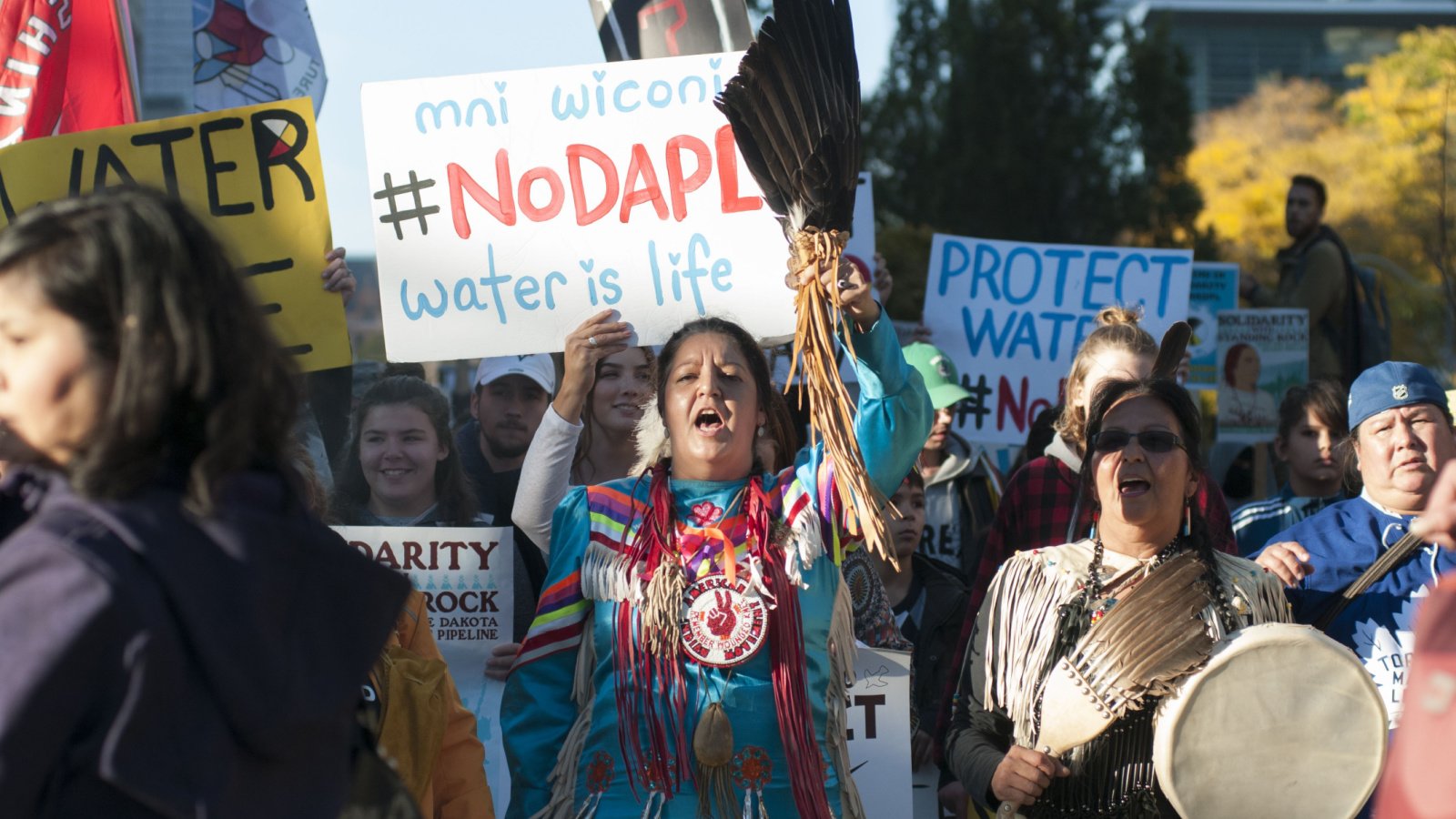
Jackson’s presidency is controversial, criticized for his treatment of Native Americans and his role in the Trail of Tears. His strong-arm tactics and veto power reshaped the presidency. Yet, his policies toward Native Americans have led to a reassessment of his legacy.
Lyndon B. Johnson

Johnson’s escalation of the Vietnam War deeply divided the nation. Despite significant achievements in civil rights and social programs, the war overshadowed his domestic successes. His decision not to seek re-election reflected the toll of unpopularity.
George W. Bush
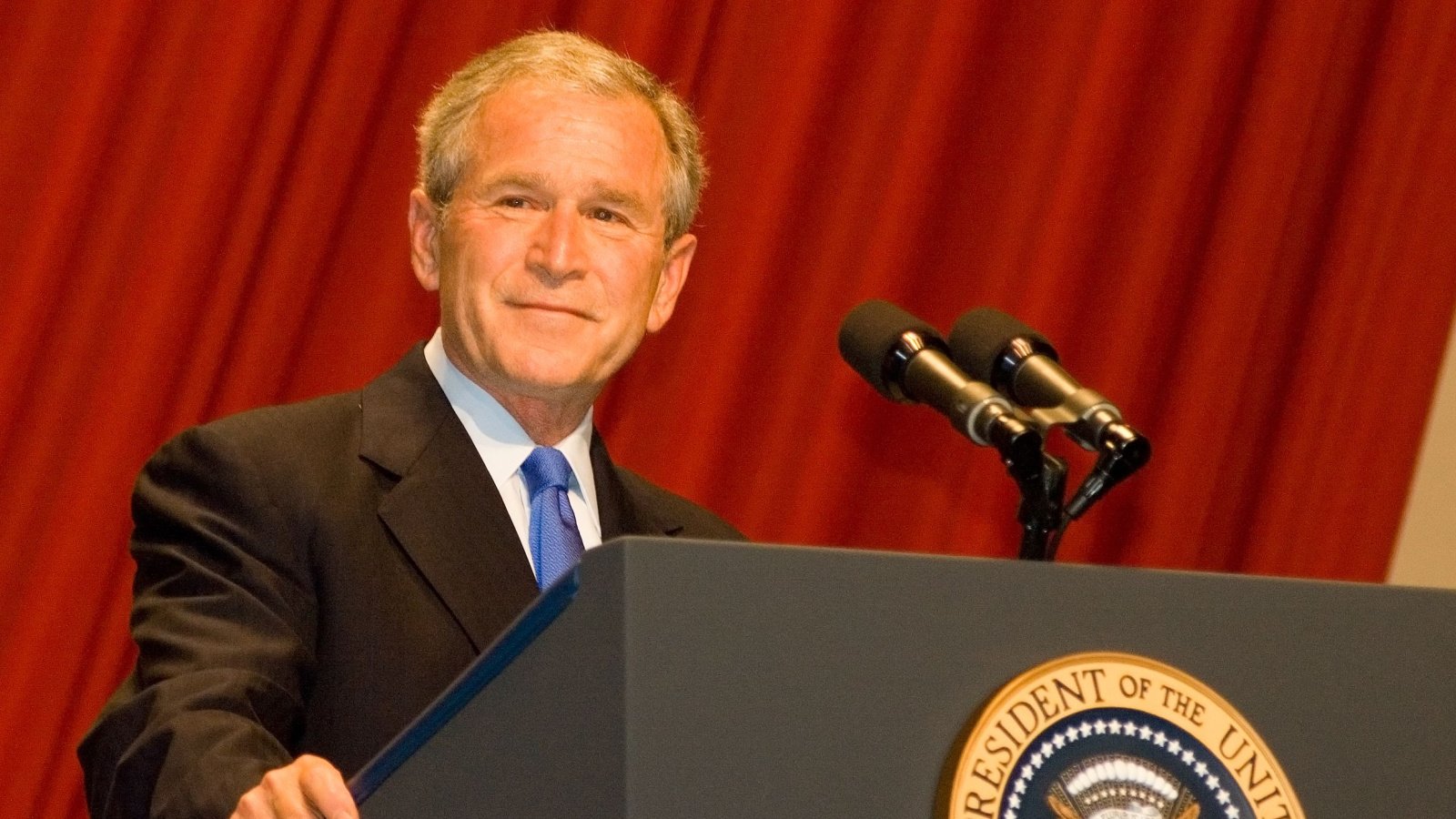
Bush’s handling of the Iraq War and the aftermath of Hurricane Katrina drew significant criticism. The prolonged conflicts and questions about their justification damaged his approval ratings. His presidency ended with low public support amidst a financial crisis.
Jimmy Carter

Carter faced challenges like the Iran hostage crisis and economic stagflation that eroded public confidence. Despite a post-presidential legacy of humanitarian work, his time in office is viewed less favorably.
William Henry Harrison

Harrison died just 30 days into his term. His inability to serve longer and implement policies leaves his impact as president minimal. Harrison’s legacy is more about what could have been than what was.
Gerald Ford
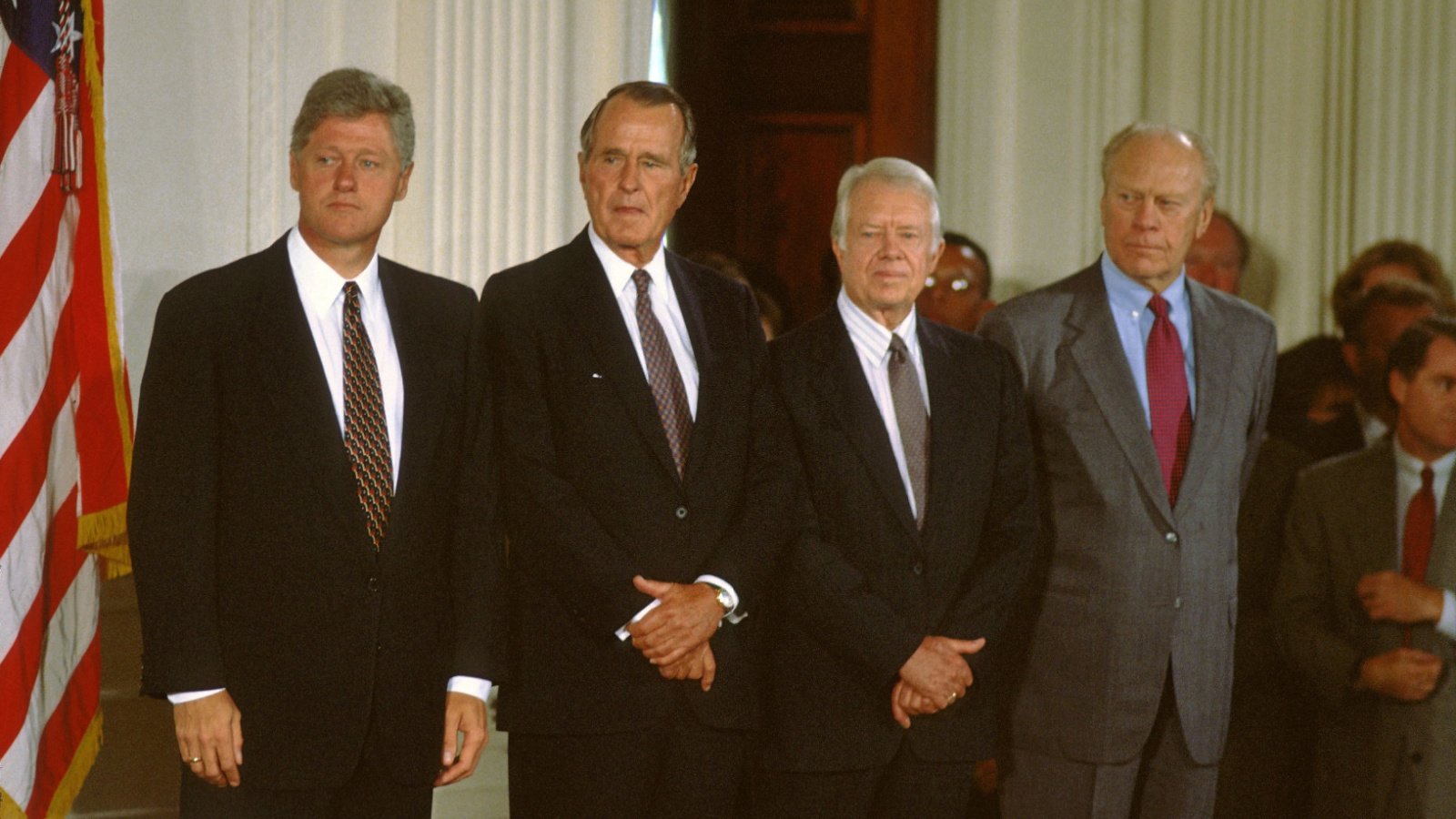
Ford’s pardon of Richard Nixon immediately after taking office was highly controversial. This decision overshadowed his subsequent efforts to heal the nation post-Watergate. Many believe it directly contributed to his failure to win a full term.
Donald Trump

Trump’s presidency was highly divisive, with polarized views on his policies and conduct. Impeached twice, Trump was surrounded by constant controversy and conflict. His impact on American politics and society remains a subject of intense debate and scrutiny.
Benjamin Harrison
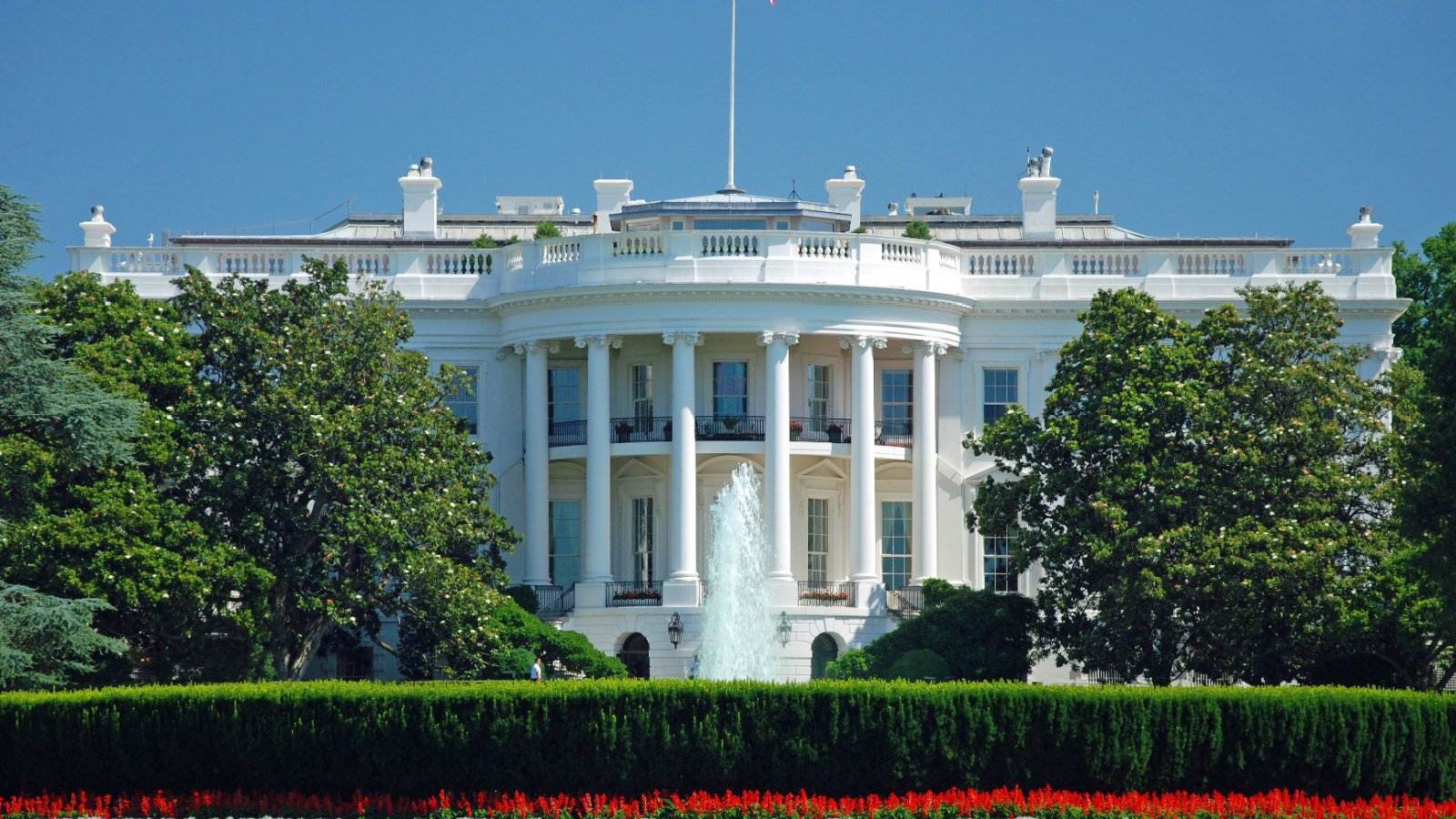
Harrison’s administration was criticized for its lavish spending and high tariffs. These policies contributed to the economic troubles that followed his presidency. His tenure is often seen as lackluster and overshadowed by the presidents who came before and after him.
Martin Van Buren

Van Buren’s presidency was hampered by the Panic of 1837, a severe economic downturn. His inability to effectively address the crisis led to widespread suffering. As a result, his term is often regarded as a failure.
Rutherford B. Hayes

Hayes’s presidency began with controversy over his disputed election victory in 1876. His efforts to reform and end Reconstruction policies were met with mixed reactions. His administration is remembered for its attempts at reform, though not always successful.
Chester A. Arthur

Arthur surprised many by pursuing reform and civil service legislation despite his ties to New York’s political machine. His efforts to clean up government and modernize the Navy were noteworthy, yet his presidency is often overlooked in historical rankings.
Zachary Taylor

Taylor’s term in office was cut short by his death, leaving many of his initiatives incomplete. His presidency was too short to have much of an impact on the nation. His untimely demise left the country at a critical juncture.
Calvin Coolidge

Coolidge’s laissez-faire approach to governance was popular during the booming 1920s but criticized after the Great Depression for its lack of regulatory oversight. His presidency is often praised for its economic prosperity, yet historians question the sustainability of his policies.
John Quincy Adams

Adams’s presidency was constrained by political opposition and his failure to win popular support. Congress largely stymied his ambitious proposals. Adams’s post-presidential career, however, highlighted his commitment to public service and anti-slavery causes.
Grover Cleveland

Cleveland’s two non-consecutive terms were characterized by his firm stance on fiscal responsibility and political reform. His handling of the Pullman Strike and economic depression during his second term marred his legacy with controversy and labor unrest.



